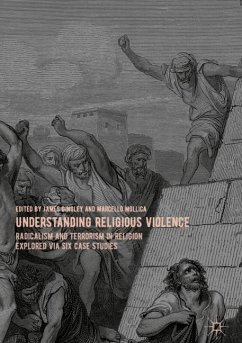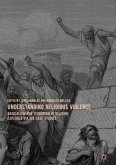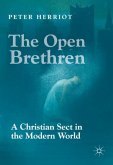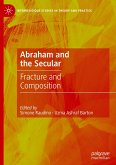This book addresses the problem of religiously based conflict and violence via six case studies. It stresses particularly the structural and relational aspects of religion as providing a sense of order and a networked structure that enables people to pursue quite prosaic and earthly concerns. The book examines how such concerns link material and spiritual salvation into a holy alliance. As such, whilst the religions concerned may be different, they address the same problems and provide similar explanations for meaning, success, and failure in life. Each author has conducted their own field-work in the religiously based conflict regions they discuss, and together the collection offers perspectives from a variety of different national backgrounds and disciplines.
"Each case study is clearly and deeply linked to religion-mainly Christianity and Islam. While certain studies provide a portrait of intra-religious conflicts, others emphasize inter-religious clashes. The contexts are always well-described, and the authors discuss how profound the current problems are, and how deeply rooted they are in history. ... six cases studies can provide wonderful examples of the ways in which sociocultural elements converge or aggregate around religion in many places ..." (Isabelle Lemelin, Reading Religion, readingreligion.org, June 21, 2019)








